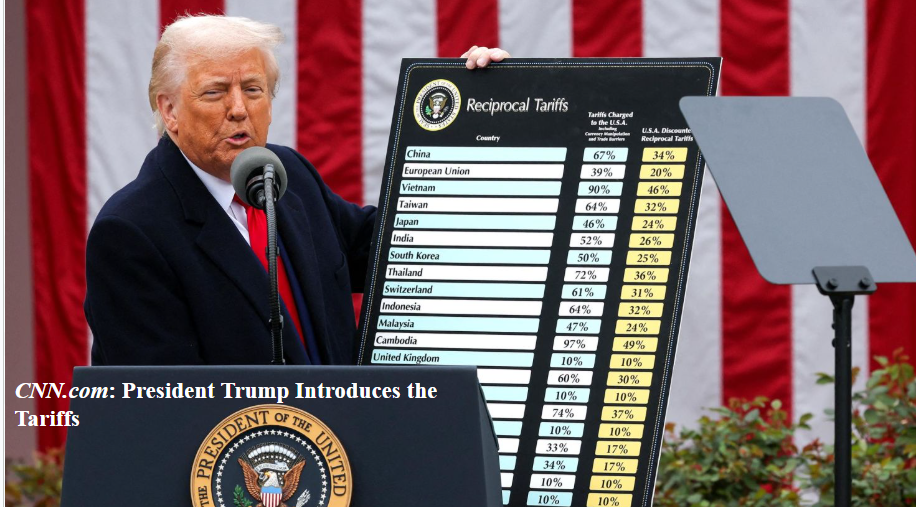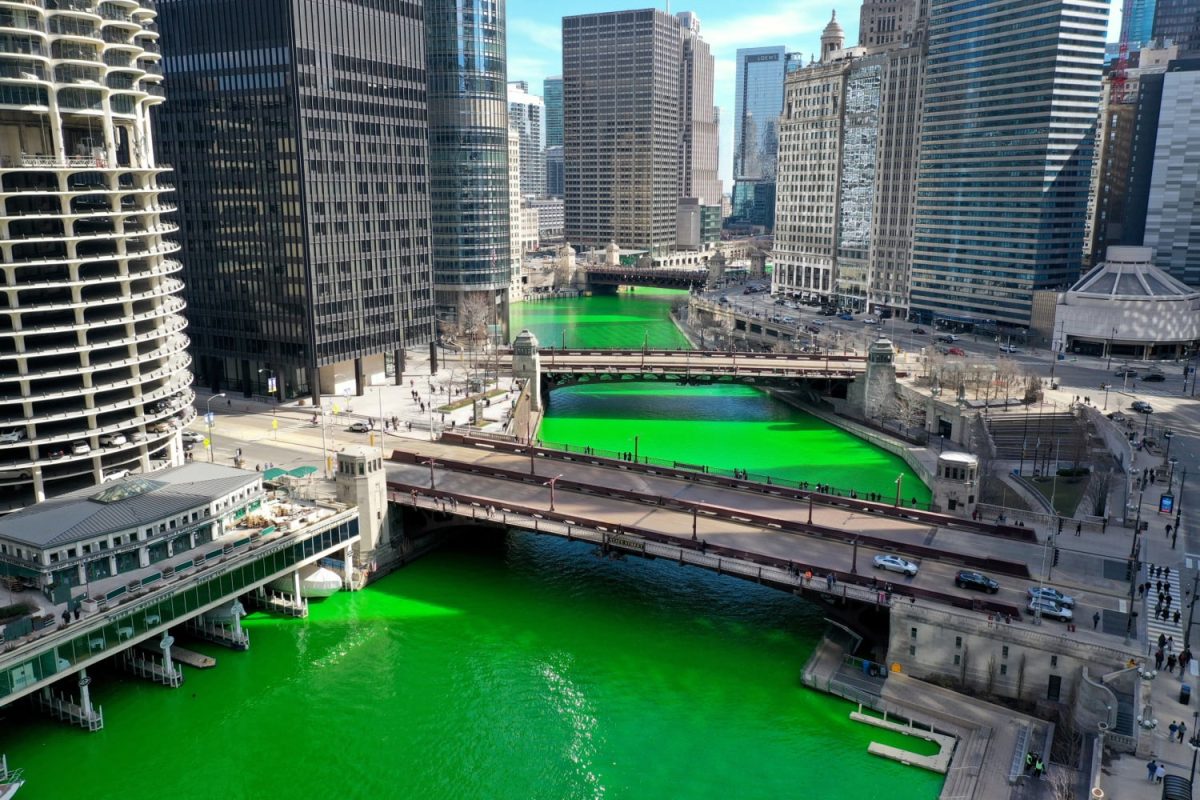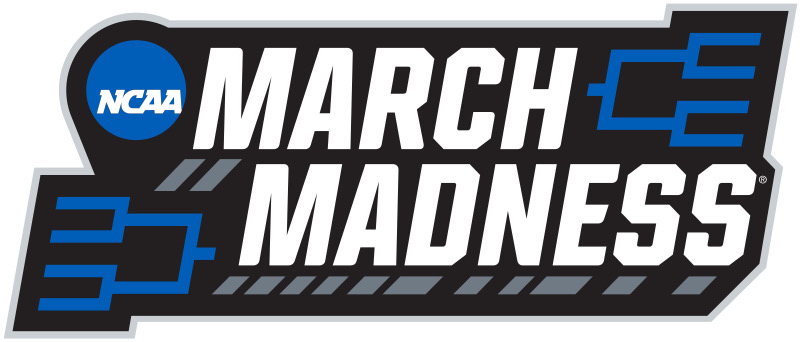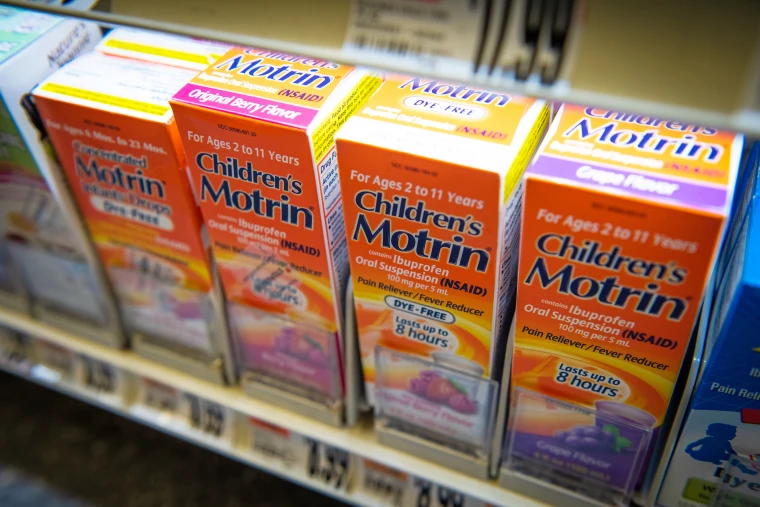The New England Journal of Medicine reported from Boston College researchers that nations need to test and regulate chemicals in children’s medication like they do prescription drugs. If not, there could be unforeseen side effects and long term medical problems in children.
There are about 350,000 chemical products in the world, including synthetic chemicals and plastics. Despite their risks, there aren’t many laws controlling their production.
The authors, including Boston College’s Philip Landrigan, Thomas Chiles, Kurt Straif, and David Wirth, argue for new laws prioritizing health over chemical production. They say chemicals in children’s medication should be proven safe before hitting the market and should be monitored for health effects just like prescription drugs.
The report, created by scientists from top institutions in the U.S. and Europe, highlights the rising rate of chronic diseases in children linked to synthetic chemicals. In the past 50 years, childhood cancer has risen by 35%, male reproductive birth defects have doubled, and autism affects 1 in 36 children. Pediatric asthma has tripled, and obesity rates have nearly quadrupled.
Most synthetic chemicals come from fossil fuels, and their production has skyrocketed since 1950. The chemicals are barely tested for safety, especially for children.
To protect kids, the authors of the report call for:
- Laws requiring safety tests for chemicals before they enter the market
- Tracking the environmental impact of the chemicals
- Creating safer, more sustainable chemicals
- New policies for chemical management and a global treaty























